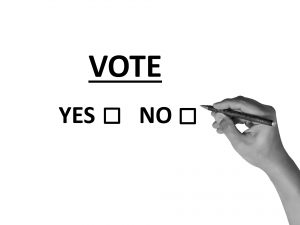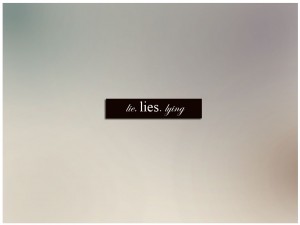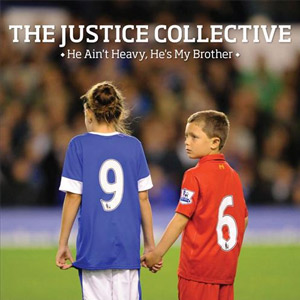 There are many across the globe – it would seem – who have over the last half decade or so (and certainly since the financial crisis of 2008) come to feel that the society of which they are a part has been of late seriously in ‘democratic deficit’. They may be right.
There are many across the globe – it would seem – who have over the last half decade or so (and certainly since the financial crisis of 2008) come to feel that the society of which they are a part has been of late seriously in ‘democratic deficit’. They may be right.
Certainly there have been in recent times a plethora of elections and referenda throughout the western world and in the melee that passes for electoral normality these days the body politic has done its best to destroy any possible vestige of complacency in those who govern us – by means of the delivery of a number of short (and not so short), sharp shocks to the system. Once upon a time we might have called this ‘sticking it to the man‘ – but we were all a great deal younger then!
In the UK the repercussions from the 2016 Brexit referendum will rumble on for years yet and may even lead at some point to a rerun of the 2014 Scottish independence referendum. Prime Minister Theresa May – in an effort to demonstrate irrefrangibly the strength and stability of her government – has decided that the UK has not suffered enough at the polls in recent years and has called another (apparently one-sided) election for June. She has presumably been seduced by the prospect of doing to the UK Labour party what the Progressive Conservative Party did to the Social Credit Party in the 1984 Canadian federal election (and in turn had done to them by the Liberals in the 1993 election!).
Trump’s administration in the US is the gift that keeps on giving… should you happen be a satirist (or indeed just a smug cynic who likes to be proved right!). The orange one has only held the reigns of power for a few (though seemingly endless) months, but has already provided enough material for a trilogy of (extremely weird) mordant film-scripts. You quite literally could not make this stuff up!
The outcome of the recent French election was met with divergent reactions throughout the western world. The heavy sighs of relief from well-meaning social democrats everywhere as the French (following the example recently set by the Dutch) chose to reject the far-right populism of Le Pen for the centrist Emmanuel Macron were, of course, to be expected – not to mention welcomed with open arms. The howls of rage of those on the right in countries having little connection with France took me momentarily aback. A little contemplation, however, shed further light on the matter.
In a manner somewhat akin to that of the Bolsheviks in the early years of the last century (who believed that their communist revolution must not be limited to Mother Russia and her colonies but must sweep across the civilised world) those on the far right require that all nations should bow to their brand of populism… that the European Union must be seen to fail, that all forms of collaboration must be suppressed and that the globe should revert to comprising a set of adversarial nation states.
As ever there are some areas in which the right and the left are practically bedfellows. Both strains reserve their greatest hatred, not for each other, but for those who occupy the centre ground. The recognition in the latter part of the last century that elections are primarily won and lost in the centre inspired such dogmatists to paroxysms of rage. What they required of the centre was a large pool of clear blue water, such that their class war might be kept alive indefinitely.
One thus finds oneself assaulted by those on both flanks (though particularly by those on the left in this case) braying about the failure of centrist, liberal politics, along with the demand that such be consigned to the dustbin of history – all the while conveniently ignoring the fact that their own brand of dogma has itself demonstrably failed repeatedly.
Such ironies…
In British Columbia – meanwhile – the recent provincial election resulted in the first minority government for many a long year, with the crucial balancing riding being won by a mere nine votes!
Now that’s how you send a message!

 “The worst part about being lied to is knowing you weren’t worth the truth”
“The worst part about being lied to is knowing you weren’t worth the truth”










Recent Comments